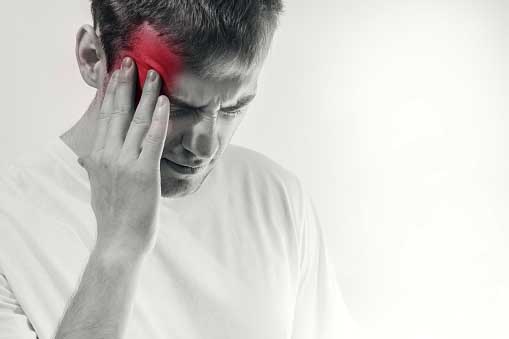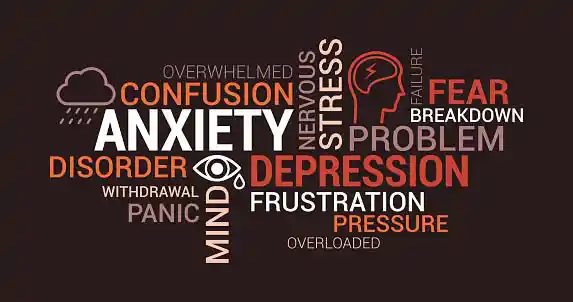What Causes Migraine And Tips To Avoid The Triggers
Migraine is not like a typical headache. During a migraine attack, one may experience erratic pain on one side or both the sides of his/her head and can last from 4 - 72 hours or more, if left unattended. It can also trigger the tendency of nausea, vomiting, sensitivity to smell, sound and light etc. The frequency and the symptoms of migraine may vary from person to person. Thus, it is important to understand the real reasons and the treatment options for this frustrating health issue.
Learn here in detail about the possible causes linked to migraine and also identify the basic remedial options to live well with this pounding health condition.
What causes migraine?

Although nothing, in particular, can be termed as an established cause for migraine, several theories from worldwide including from the American Migraine Foundation have proposed that migraine attacks can occur due to all or any of these underlying causes:
Lifestyle factors that can impact migraine include:

- Improper sleep habits cause an imbalance of neurotransmitters (a chemical in the brain that regulates sleep, mood, appetite etc.) that may trigger migraine.
- Stress and anxiety usually cause improper sleep and this eventually lead to migraine.
- Excessive caffeine consumption also contributes to the migraine attack.
- Chemical substances such as perfumes, air fresheners, and deodorants, when inhaled intensely, can trigger migraine symptoms.
- Breathing harmful microscopic allergens in the environment mostly causes sinus congestion. This further exacerbates the chances of migraine symptoms.
- Intolerance to certain foods like gluten, dairy, or soy products can also lead to serious indigestion issues and migraine, specifically for those with a history of migraine.
- Genetic factors also play a crucial role in causing migraine headache.
Medical factors that can trigger a migraine attack:

- Psychiatric conditions such as mood and anxiety disorders may play a role in a migraine.
- Obstructive sleep apnea can be a trigger too.
- Jaw-joint disorder, which includes teeth grinding or jaw clenching conditions may also lead to the migraine attack
Remedies for preventing migraine attacks

According to the National Institute for Health and Care Excellence (NICE) published guidance on the diagnosis and treatment of migraine and guidelines published by the American Headache Society (AHS), there are three broad approaches one can take to live well with a migraine.
They are:
Lifestyle and trigger management that includes the following:

- Consume foods rich in tryptophan and vitamin B6. These natural nutrients are found in eggs, milk, lentils, avocado, chicken, and spinach to name a few. Including these in daily diet helps in preventing the frequency and severity of migraine.
- Take Coenzyme Q10 supplement. Various studies acclaim that a daily dosage of 150 grams of CoQ10 is extremely helpful in preventing migraine.
- Walk daily in the sunlight for at least 15 to 20 minutes. It will help stimulate serotonin (natural chemical found in the blood platelets) production naturally and reduce the incidences of migraine.
- Get adequate sleep, as it acts as a magical cure for migraine. It will reduce the intensity of the pain during the onset.
- Avoid stress by engaging the brain in your favorite activities. Improved mood can actually elevate the serotonin levels in the body and lessen stress as well as migraine.
Preventive therapy

Many over-the-counter medications such as anti-depressants, anticonvulsants, and few unconventional options like Vitamins and Minerals supplementation are given to a patient to prevent the symptoms. But, all these medications have potential side effects, so do consult a doctor.
Acute treatment

This involves prescribed medication including analgesics, ergotamines, and triptans that are given as the first line of treatment after the onset of the migraine attack.
For any query related to Migraine or any type of headache, you can consult an Internal Medicine Specialist at www.healthcaremagic.com
Ask a Specialist
Recent Questions


